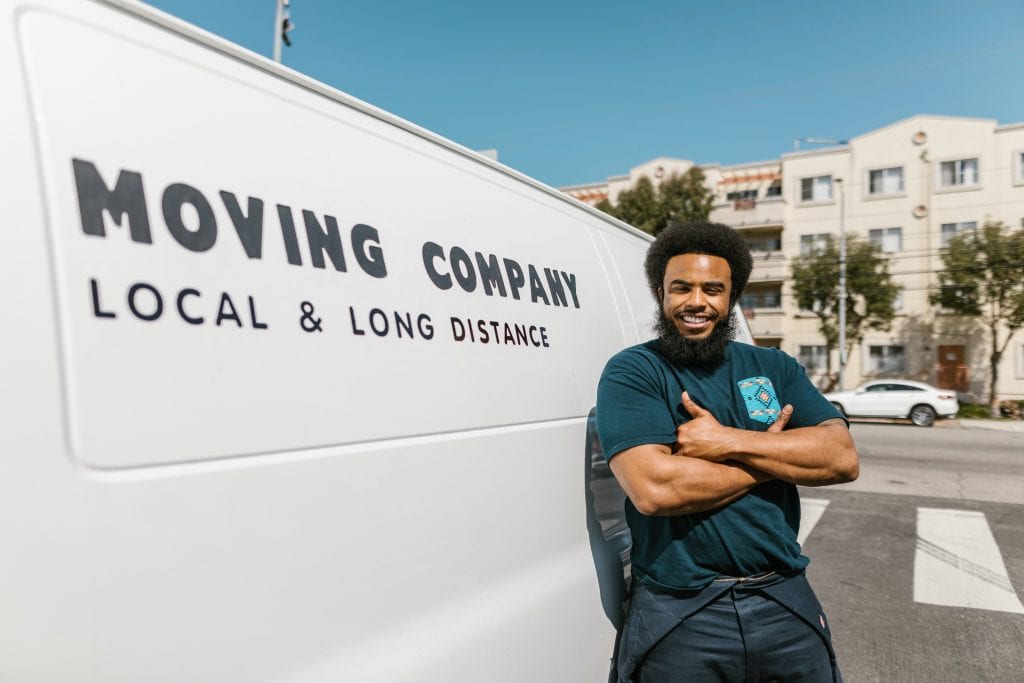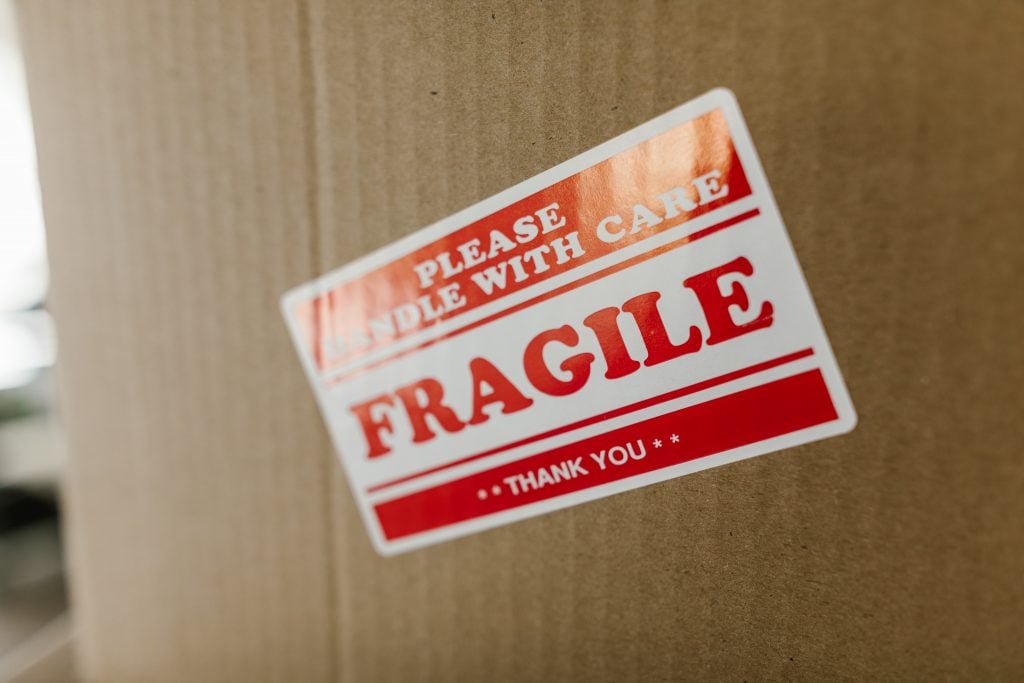Moving Services

About all general licensed moving company
If you’re among the thousands of people who will move from one home to another in Illinois this year, this is for you. Take a few minutes to read it and learn how to evaluate a moving company, how to choose a reputable one, how moving charges are determined, how reliable an “estimate” really is, how to protect your self against – and minimize the risk of – loss or damage to your property, and other information that can help you be an informed consumer BEFORE, DURING and AFTER your household move.
As you read, remember this : Household movers are business men and women; and although none of them are perfect, some are better than others. If a dispute arises, you can expect them to defend their contract rights. You can avoid many problems by doing two things : choose a licensed, professional mover with care and understand your rights and obligations.
Most problems arise from misunderstandings about either the estimate-of-charges or disputes over the mover’s liability for damaged of lost property.
Briefly, an estimate is not binding. It’s only a general idea of what charges will be, under normal conditions, for the service you order. Your actual costs can be much higher, because your bill will be based on the actual service performed. That is, what is moved , how much your goods weigh, the distance involved, and the number of workers and hours the job takes.
As for the carrier’s liability , just remember that the lowest rate offers the least protection for your goods. Carriers offer a variety of options for protecting your property. Be sure you understand them and choose carefully – and if anything is lost or damaged, file a claim immediately!
USE A LICENSED MOVER.
This is the most important thing you can do! Choose from the more than 600 movers licensed by the Illinois Commerce Commission (ILL.C.C.). Licensed, professional movers must comply with ILL.C.C. standards for handling, loading, moving, and unloading your property; and they must perform their services at reasonable rates and within a reasonable time.
Unlicensed movers operate outside the law, and may provide little protection for loss or damage to your goods – or non at all. Besides, it’s against the law to hire an unlicensed mover.


GOOD REPUTATION.
A good reputation is a valuable asset to a mover. Get recommendations from neighbors, friends, co-workers, real estate agents or any newcomer who has used a mover recently, then get estimates from movers with satisfied customers. You also can call the ILL.C.C. and the Better Business Bureau to inquire about complaints against carriers. If possible, visit a mover’s facilities.
COMPARE COSTS.
Your moving costs will be calculated by one of two methods: either a WEIGHT/DISTANCE basis – for longer distance moves – in which rates are based on the weight of your goods and the distance they are hauled, or an HOURLY basis, which usually are charged for moves between points less than 35 miles apart.
Hourly rates are based on three things:


INVENTORY LIST.
An inventory list and the Bill Of Lading will be very valuable documents if you have a claim for loss or damage later on. After the truck arrives, but before the loading begins, ask the carrier to make an inventory list of your property and accompany the employee while the list is prepared. If you disagree with anything on the inventory list, make a note of it on the list before you sign it. Make sure the inventory list is legible and accurate and that any notations also appear on the company’s copy. (If you’re billed on an hourly basis you will have to pay for the time an inventory takes, but without one you could have a very hard time proving a claim.)
BILL OF LADING.
All moves require a bill of lading, so don’t hire a mover who doesn’t use one. The bill of lading is your contract with the mover. It states the mover’s responsibilities, such as the services they will perform and when and how they charge for the move, and what their liability is. Be sure you understand the contract (especially the part about the carrier’s liability), and get a copy. Don’t sign it until you understand it – and agree with it.


CARRIER LIABILITY.
Your mover’s liability may be less than the value of your goods. According to law, carriers are not liable for the full value of your property unless you pay an additional charge for that protection. Rates often cover as little as 30 cents per pound, per article. But you can increase the carrier’s liability by paying a higher rate.
It is important to understand that a “carrier’s liability” and “insurance” are not the same thing. So it’s a good idea to see your insurance agent to determine if you need additional coverage. Reputable movers will explain their liability for loss or damage to your property, and how you can increase your protection.
CLAIMS.
Your mover’s liability may be less than the value of your goods. According to law, carriers are not liable for the full value of your property unless you pay an additional charge for that protection. Rates often cover as little as 30 cents per pound, per article. But you can increase the carrier’s liability by paying a higher rate.
It is important to understand that a “carrier’s liability” and “insurance” are not the same thing. So it’s a good idea to see your insurance agent to determine if you need additional coverage. Reputable movers will explain their liability for loss or damage to your property, and how you can increase your protection.


STORAGE.
If your goods are put in storage, you will have to pay for unloading when they go into storage and reloading them when they come out again, as well as the storage charges themselves. Besides, the carrier’s liability may end if your goods go into long term (or what is called “permanent”) storage. Call the Illinois Commerce Commission for details.
The best way to avoid problems is to plan ahead and be prepared. Remember, no two moving companies are the same. Some are better than others, so it’s worth your time and effort to remember these important considerations:
For more help, call or write:
Illinois Commerce Commission
527 E. Capitol Ave. -Springfield, Illinois 62794-9280
(217) 782-6448
